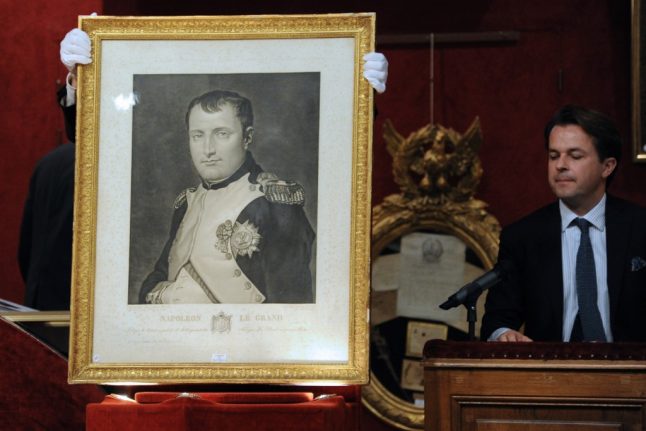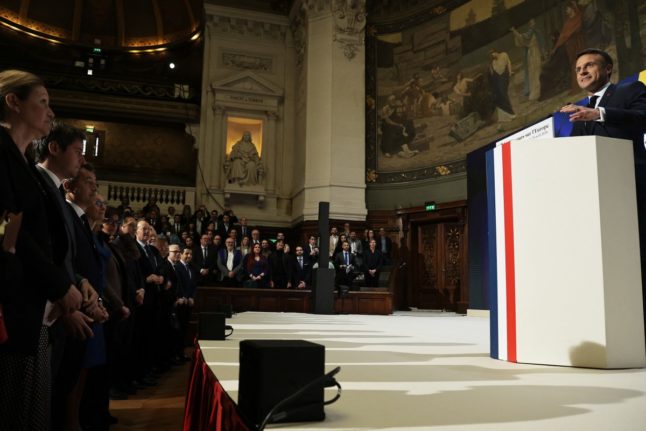A statue of Josephine de Beauharnais, who was born to a wealthy colonial family on the island and later became Napoleon's first wife and empress, was attacked by a crowd of people wielding clubs and ropes, according to an AFP journalist in Fort-de-France on Sunday.
The emperor reintroduced slavery in French colonies in 1802, eight years after it had been banned under the French Revolution.
Josephine's statue had already been decapitated nearly 30 years ago, and never been repaired since.
A short distance away, the activists also destroyed a statue of Pierre Belain d'Esnambuc, the trader who established the first French colony on Martinique in 1635.

The emperor's wife Jospehine was born on the Caribbean island of Martinique. Photo: AFP
In a video posted to social media last week, activists warned the statues would be targeted unless officials had them removed by Sunday.
A police source said the government's top official for the Caribbean island ordered law enforcement not to intervene, though he denounced in a statement “unacceptable actions by a violent minority.”
The debate on France's colonial past has been revived in part by fresh protests against racism and police brutality in the wake of the Black Lives Matter movement that has rocked the United States.
On May 22, the anniversary of the abolition of slavery on Martinique, activists toppled two statues erected in honour of Victor Schoelcher, the lawmaker whose decree outlawed slavery across France in 1848.
Another bust of Schoelcher, on the nearby French territory of Guadaloupe, was sawed off and stolen last week, local media reported Saturday. It was later found alongside a road some 40 kilometres away.
Critics say that instead of playing up the role of whites, France should honour the black figures who braved prison or worse in their push for emancipation.
But Macron warned in June that France would not take down statues or names of controversial figures, while denying that he was attempting to deny either racism or the country's colonial past.
“The Republic will not wipe away any trace or any name from its history… but lucidly look at our history and our memory together,” he said in a televised address.



 Please whitelist us to continue reading.
Please whitelist us to continue reading.
Member comments